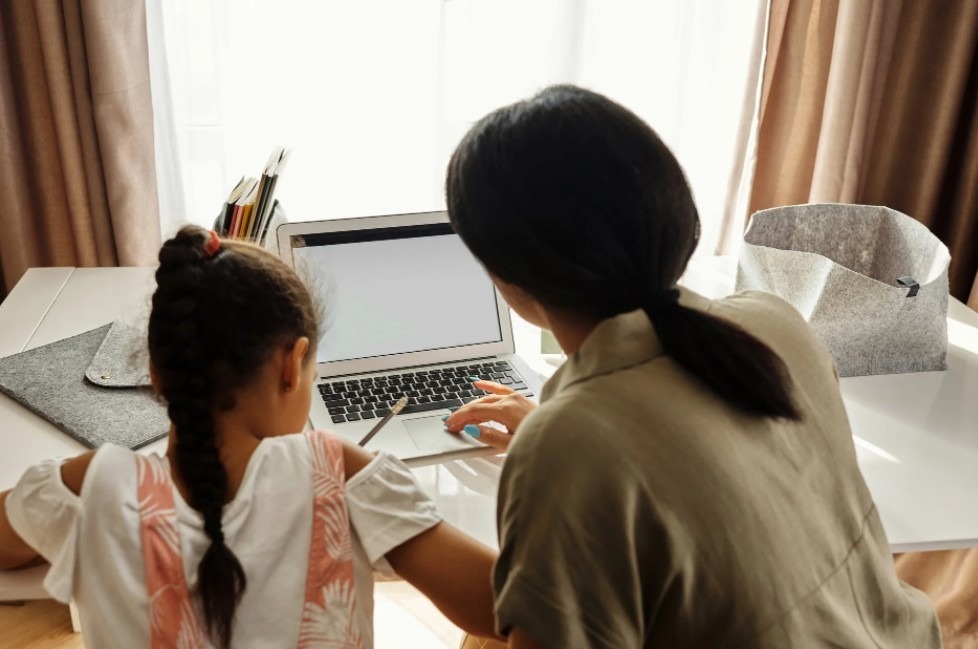Discussions circulating homeschooling and socialization have been one of the most researched issues since time immemorial, yet many people still have qualms about whether homeschooling really has an impact on a child’s social skills. After all, a homeschooled child does not have a class or peers to study with.
The socialization myth appeared because some homeschooling critics think that homeschoolers hit the books at 10 a.m. in the morning, study until 3 p.m., and then spend the rest of the day alone. Of course, this is contrary to what homeschoolers really experience on a daily basis—most enjoy travelling to museums, participating in outdoor camps, and joining arts, drama, dance, or music classes, to enumerate a few.
However, more than these pressing issues, many people know socialization but do not know what it really means. In this article, we attempt to discuss the correlation between these two controversial topics.
What is socialization?
Socialization is the act of interacting with others through which the process of internalizing takes place. People internalize values, norms, rules, ideologies, self-image, and everything that’s culturally-dependent. Therefore, the product of socialization stems from internalization, meaning learning how to become an active member of a society.
The relationship between homeschooling and socialization
Dr. Raymond Moore, an author of more than 60 books and write-ups about human development, has researched about the correlation between homeschooling and socialization. He wrote about it in his book titled The Hurried Child, wherein he penned, “The idea that children need to be around many other youngsters in order to be ‘socialized’ is perhaps the most dangerous and extravagant myth in education and child rearing today.”
In fact, children are known to not respond well when conversing in large groups. Numerous people render them nervous and over excited due to overstimulation, hence making learning become more difficult to bear. This is where behavioral issues may develop. And after analyzing more than 8,000 early childhood studies, Dr. Raymond Moore concluded that children are best socialized by parents, not peers and other children.
This may help you wonder: what kind of socialization takes place in a class of 20 to 30 kids of the same age? As you may have already guessed, peer pressure will always be present. Kids would feel like they need to look and act like everyone else, making them forget their sense of identity. Peer pressure would usually result in competition and ridicule, and when these aspects appear, there’s hardly a healthy place for safe and healthy socialization.
Moreover, Dr. Moore found out that homeschoolers who interact with their family members more than with peers display self-respect, self-confidence, and self-worth more than those who do not. A homeschooler is aware that she is a vital, respected part of the family unit that wants, needs, and depends on his existence. A homeschooler who feels this way usually results in an independent thinker who is not easily influenced by peers and toxic societal norms.
How to improve your child’s social skills?
If you are still worried about your child not acquiring enough social skills, we highly suggest the following:
1. Meet up with other homeschoolers in your area and encourage your child to make friends with them. Your child can talk and play with them via the Internet, in your place of worship, or in a family organization you belong in.
2. Join a group of like-minded individuals. A youth development organization would do. As such, let your child join clubs that center around his interests (arts, environment, animal rescue, science, music, dance, and many more).
3. Join outdoor sports programs. They usually take place in local recreational parks. This will help your child develop his spirit of teamwork.
4. Volunteer in several services. You can invite your child to visit animal shelters, nursing homes, adoption centers, and other facilities that require you and your child’s help. That way, your child would meet people from different walks of life, learn to understand their stories, and make new friends. Likewise, it also helps your child to give to those who are in need.
Bottomline
It turns out that homeschooling does not negatively affect a child’s social skills, as long as proper communication is fostered by the family members appropriately. And if you’re concerned about your child’s lack of socialization, you can do many ways to help your child improve in that aspect.

